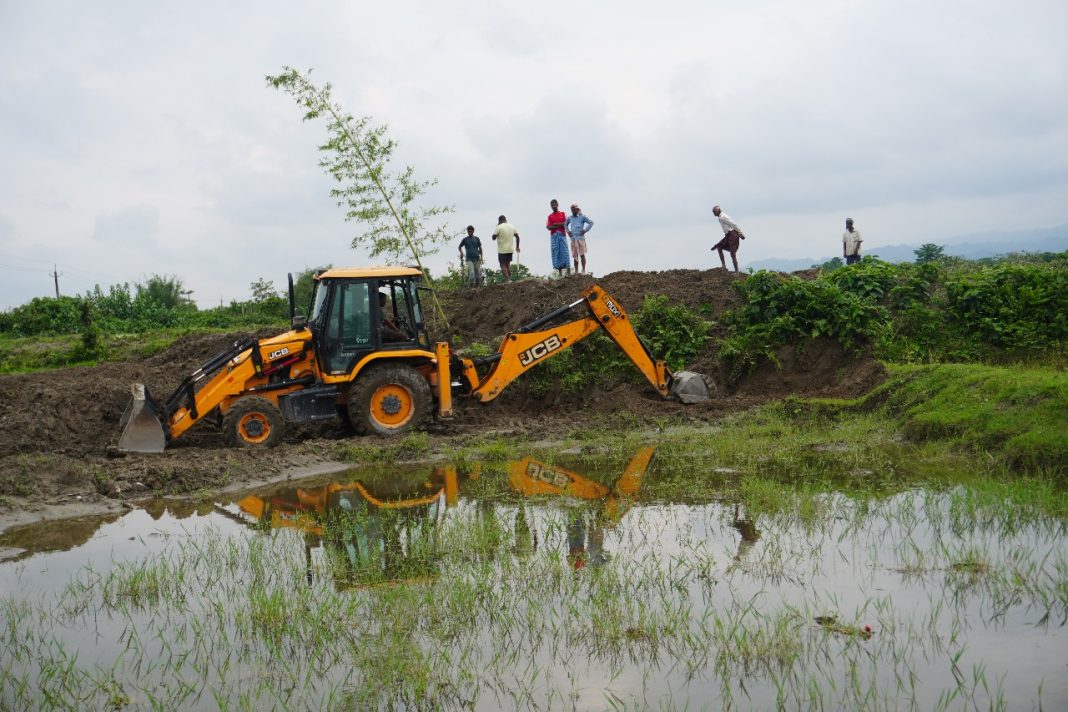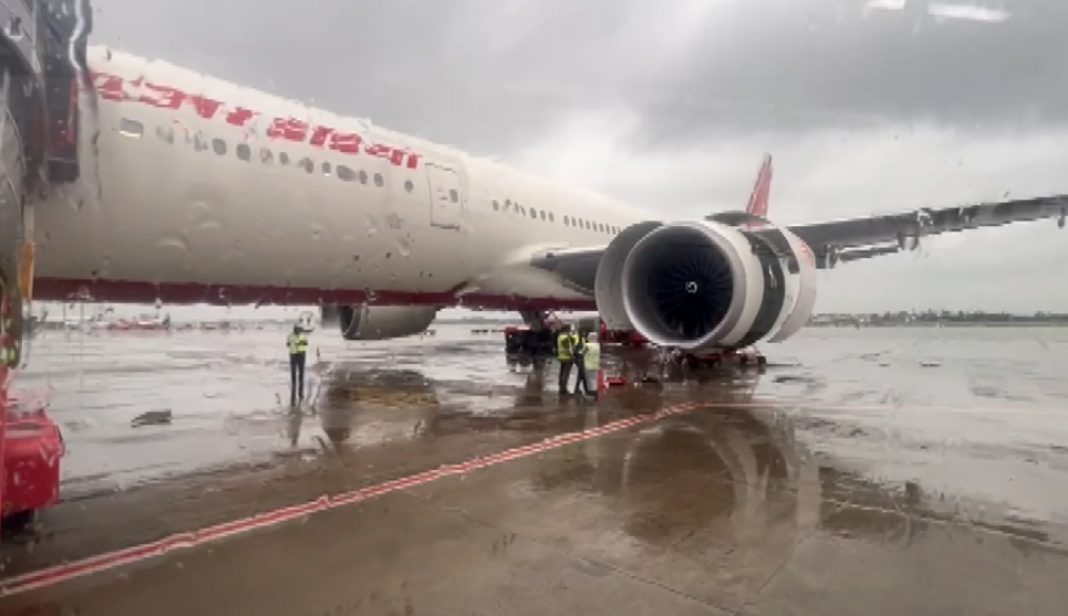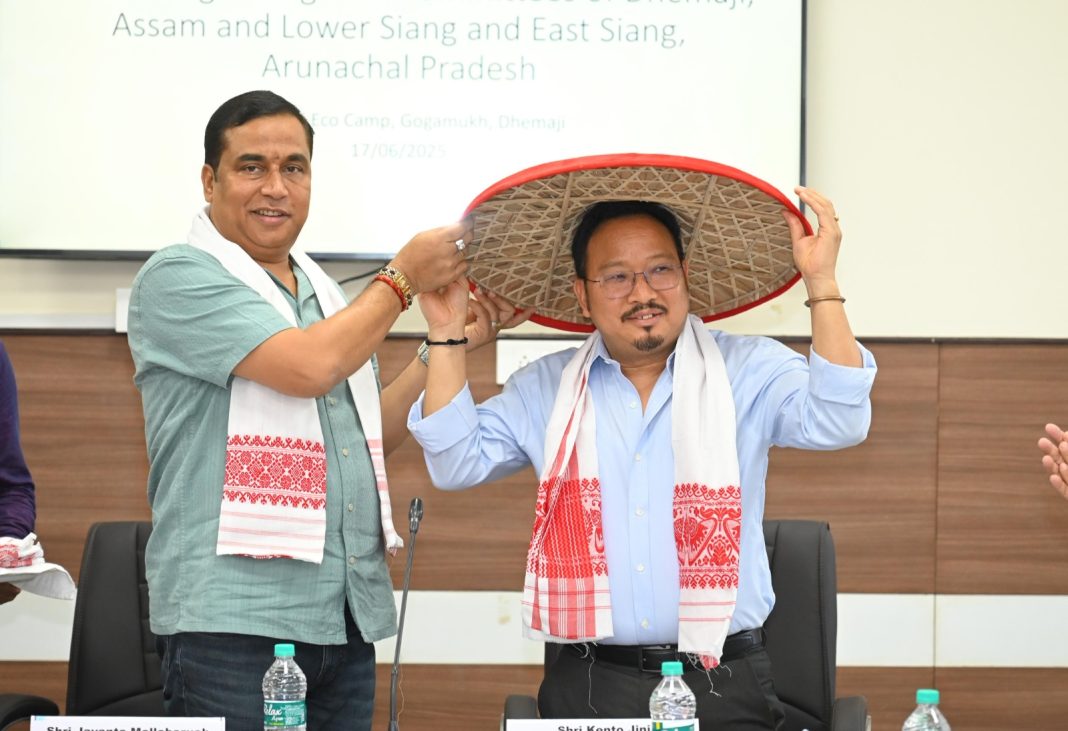
Guwahati, June 17: In a transformative step towards sustainable water management and climate resilience, biodiversity conservation group Aaranyak, with support from LIC Housing Finance Ltd. under its CSR initiative, has successfully restored two traditional irrigation canals—Bhawani Dong and Orang Dong—in the Udalguri district of Assam.

These centuries-old community-managed water channels, known locally as Dongs, form the backbone of indigenous water governance among the Bodo community, especially in drought-prone zones near the Indo-Bhutan border. Once at risk of fading into obsolescence due to neglect and changing weather patterns, the Dongs are now flowing again—thanks to grassroots participation and targeted restoration efforts.
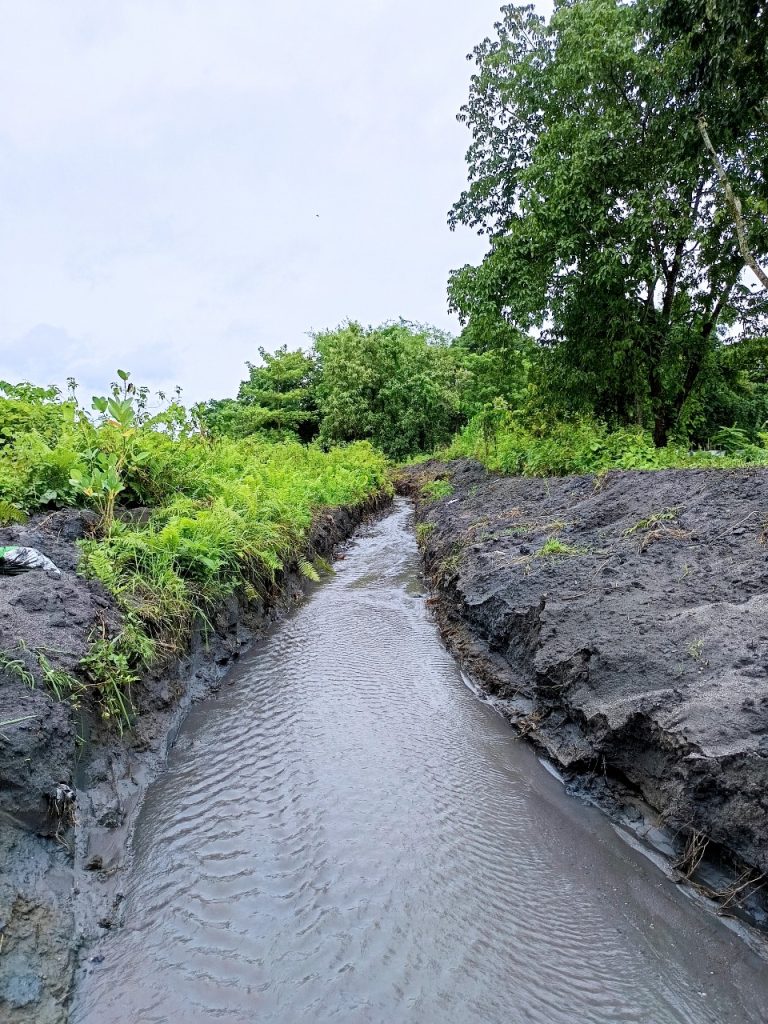
The Dong system is an age-old indigenous method of diverting river water through earthen canals to irrigate farmland and supply household ponds (pukhuris). Unlike modern irrigation systems, Dongs are non-mechanized, decentralized, and deeply rooted in local customs. Their upkeep has historically been managed by village water committees, making them both environmentally sustainable and socially equitable.
Over time, sedimentation, poor maintenance, and the impacts of climate change rendered many of these canals dysfunctional. The result: water scarcity, fallow fields, and rising vulnerability among farming communities.
One of the most critical restoration efforts was focused on the Bhawani Dong, which supplies water to several villages in Bhergaon Block, including No. 1 Garuajhar (Chuba-Telabasti, Jhorabasti), Orangajuli, and Uttor Garuajhar (Chuba-Choyabasti). The canal directly supports around 1,500 households, benefiting over 10,000 people.
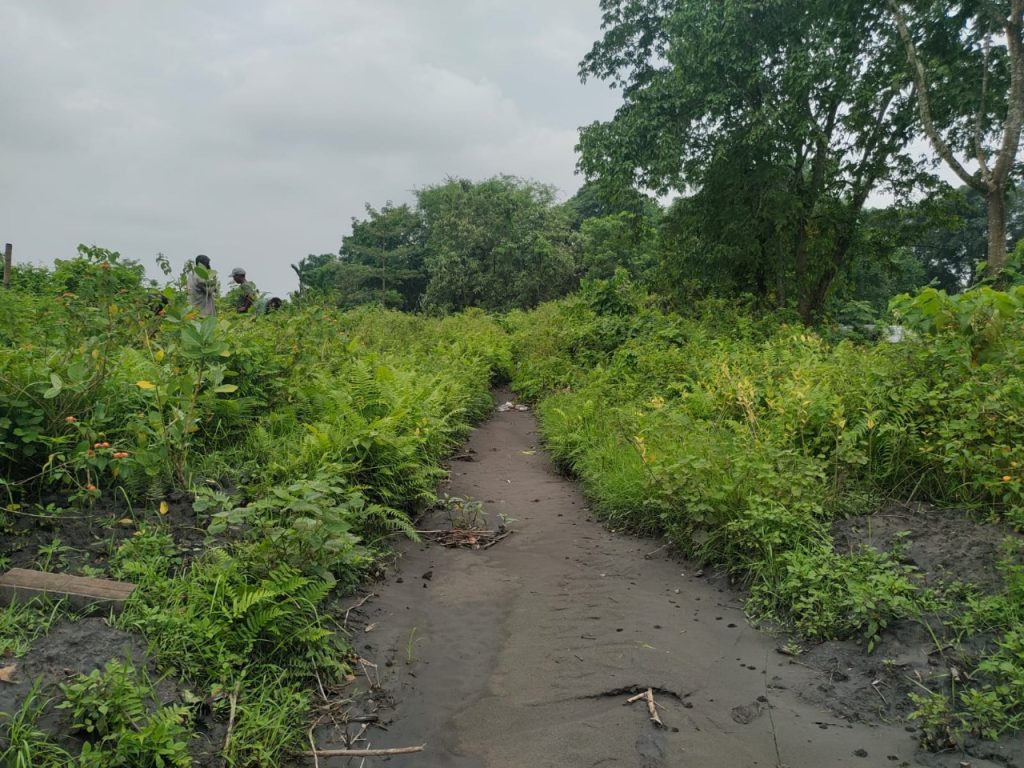
In recent years, dry-season flow had dwindled, particularly from January to March, leaving villages like Kaachari Basti, Gaonburha Basti, and Jhara Basti with little or no irrigation water. This led to a decline in crop productivity, forcing many to abandon cultivation altogether.
Post-restoration, the Bhawani Dong now delivers a consistent water supply, revitalizing abandoned agricultural plots, restoring livelihoods, and reaching previously neglected downstream areas. Farmers now report timely irrigation and greater reliability for sowing cycles.
The second restoration focused on Orang Dong, the main irrigation source for No. 2 Sonajuli village, home to about 120 households and over 650 residents. The canal irrigates nearly 500 bighas of farmland, making it essential for the village’s food and income security.
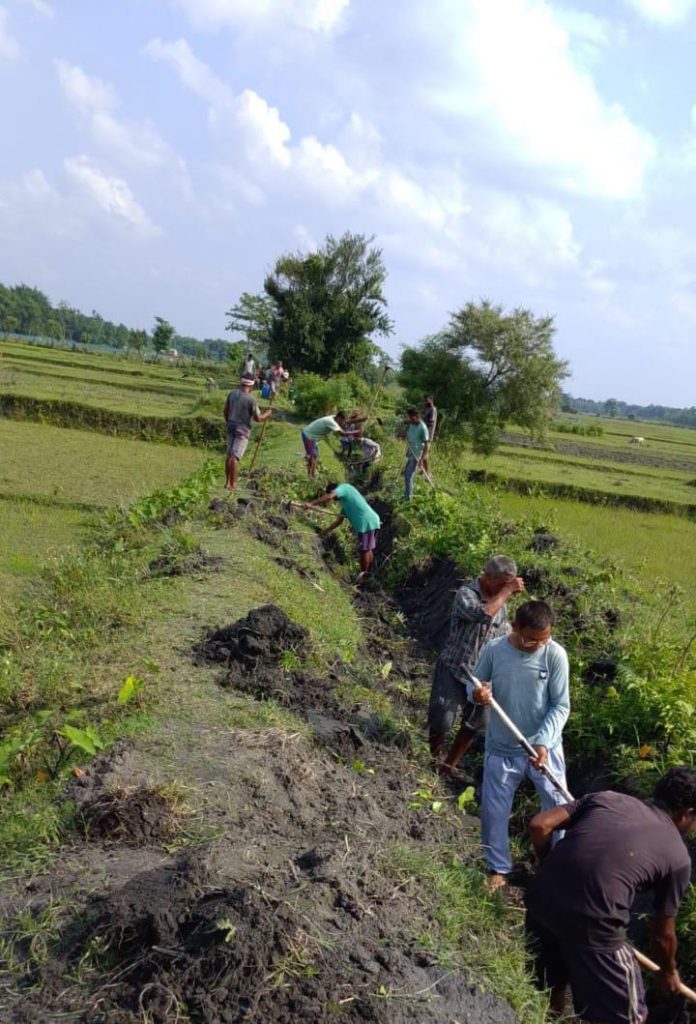
Prior to repair, water shortages during the pre-monsoon and kharif seasons led to crop delays and increased the risk of failure. Now, with the Orang Dong functioning effectively again, farmers have resumed cultivation with confidence, marking a critical step towards agricultural stability.
What makes this project stand out is not just the return of water—but the revival of traditional knowledge systems. Local communities played an integral role in identifying damage, clearing blockages, and even physically restoring the canals. In doing so, they have also reactivated traditional water committees, responsible for equitable distribution, dispute resolution, and ongoing maintenance.
By engaging local stakeholders at every step, Aaranyak ensured not just infrastructure repair, but revival of governance models that have served the region for generations.
As climate change intensifies the challenge of seasonal water stress, especially in ecologically fragile areas like those along the Indo-Bhutan border, the successful rejuvenation of Dongs offers a low-cost, high-impact solution.
More importantly, it demonstrates how indigenous knowledge systems can play a pivotal role in addressing modern environmental challenges—when backed by institutional support and community buy-in.

The restoration of Bhawani and Orang Dongs isn’t just about water—it’s about dignity, heritage, and resilience. For the people of Udalguri, these flowing canals are more than irrigation tools; they are proof that traditional wisdom when respected and revived, can still carry communities forward.


